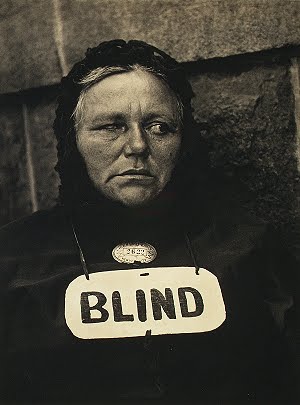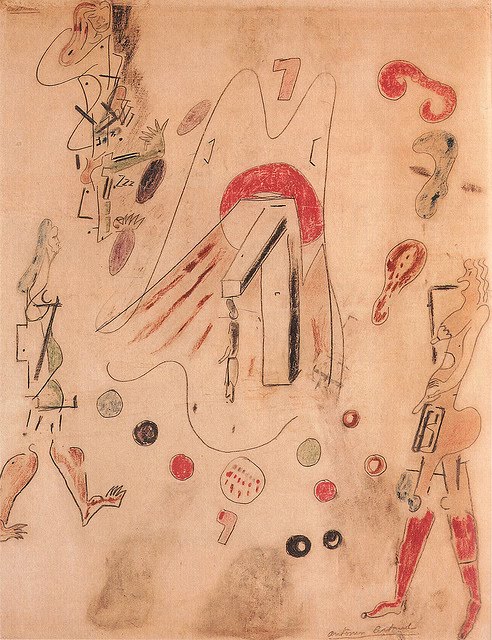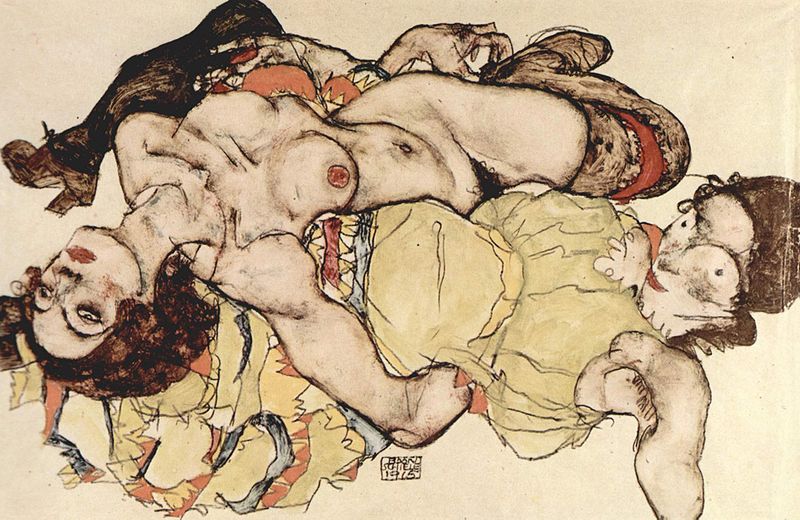This is part 1 of a multi-part post. See also:
Appendix to Part I,
Part II.
The following is from a letter sent by Voltaire to the Marquise du Deffand, who had gone blind shortly before.
Colmar, March 3, 1754
Your letter, madam, touched me more deeply than you can imagine, and I assure you my eyes were wet when I read what had happened to yours. I had gathered, from M. de Formont's letter, that you were, so to speak, in the dusk but not in complete darkness...
Therefore, dear madam, I only regretted that your eyes had lost their beauty: and I was sure you were enough of a philosopher to console yourself for that: but, if you have lost your sight, I pity you very deeply...I agree with you that life is not worth much: we only endure it from an almost invincible instinct which nature has planted in us: to this instinct she has added the bottom of Pandora's box--hope.
Only when hope is absolutely lacking, or when an unbearable depression settles down upon us, do we triumph over the natural impulse to hug the chains that bind us to life: and gather courage to leave an ill-built house which we can never hope to repair. Two people in the country where I now am have elected to do this.
One of these two philosophers is a girl of eighteen, whose brain had been turned by the Jesuits, and who, to rid herself of them, set out for the next world. That is a thing I shall not do, or at any rate not yet, for I am in receipt of annuities from two potentates, and I should be inconsolable if by my death I enriched two crowned heads.
If you, madam, have a pension from the King, be exceedingly careful of yourself, eat little, go to bed early, and live to be a hundred.

When I consider how my light is spent
Ere half my days, in this dark world and wide,
And that one Talent which is death to hide,
Lodged with me useless, though my Soul more bent
To serve therewith my Maker, and present
My true account, least he returning chide,
Doth God exact day-labour, light denied,
I fondly ask; But patience to prevent
That murmur, soon replies, God doth not need
Either man's work or his own gifts, who best
Bear his mild yoke, they serve him best, his State
Is Kingly. Thousands at his bidding speed
And post o're Land and Ocean without rest:
They also serve who only stand and wait.
-John Milton, "On His Blindness," 1655
From Diderot's
Letter on the Blind, 1749. Diderot describes an interview with a blind man from Puiseaux [emphasis added]:
He asked us if only persons who were called naturalists could see with the microscope, and if only astronomers could see with the telescope; if the instrument for enlarging objects were bigger than that for diminishing them; if that which brings them nearer were shorter than that for removing them farther off. But what puzzled him was that the other self, which according to him the mirror represents in relief, should not be tactile.
"So this little instrument," said he, "sets two senses to contradict one another; a more perfect instrument would perhaps reconcile these contradictions, without the object being ever more real for that, and perhaps a third instrument, still more perfect and less illusory, would cause these contradictions to disappear and show us our error."
Polish poster for Francois Truffaut's The 400 Blows, 1959






 When I consider how my light is spent
When I consider how my light is spent




















































